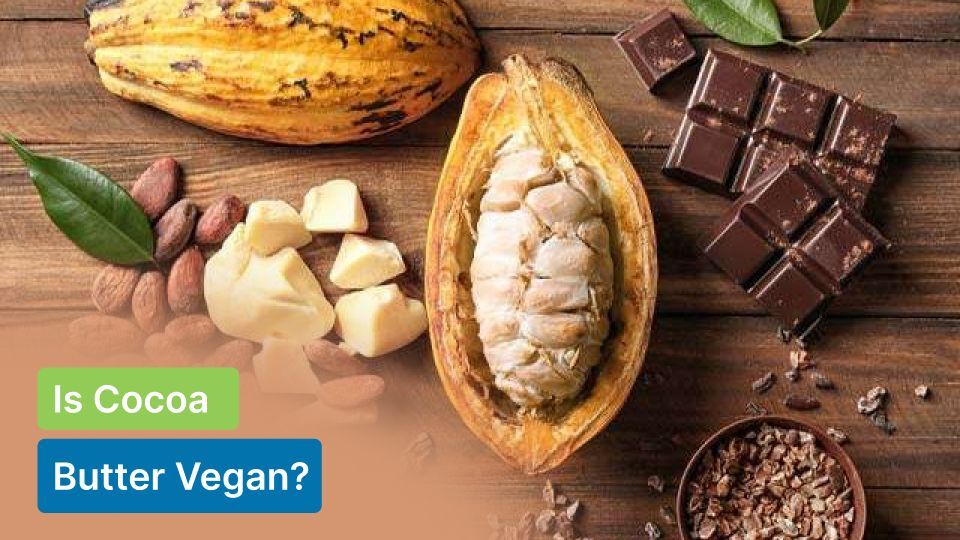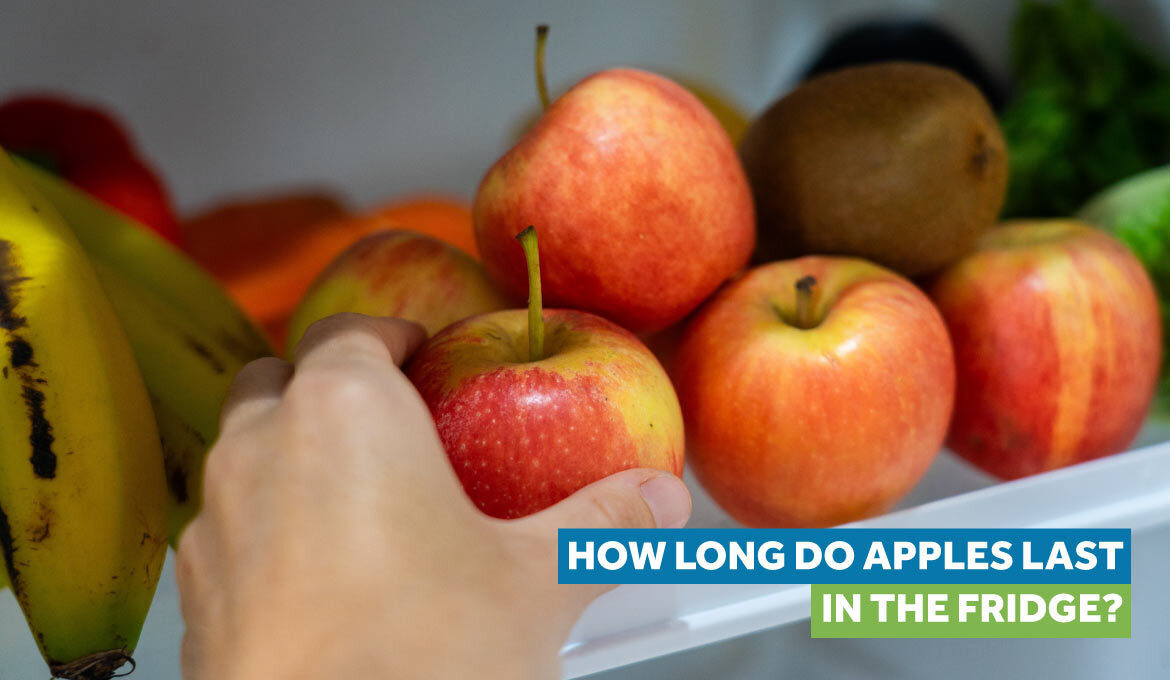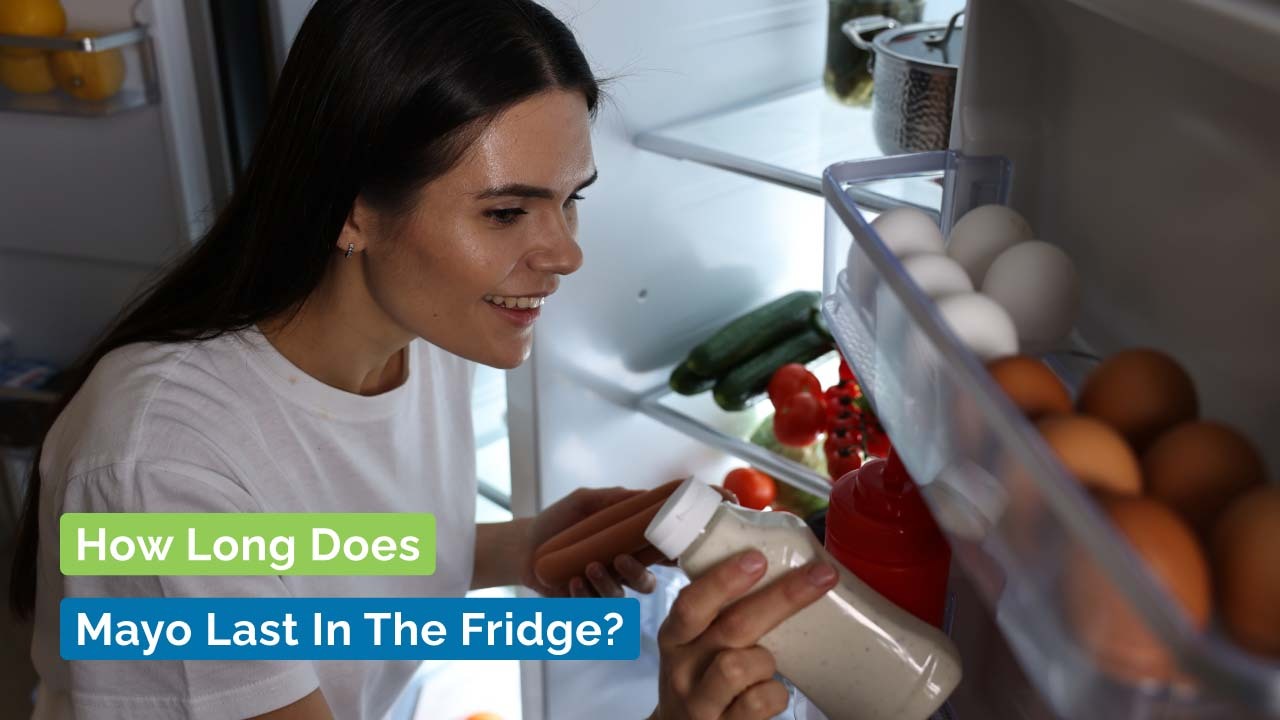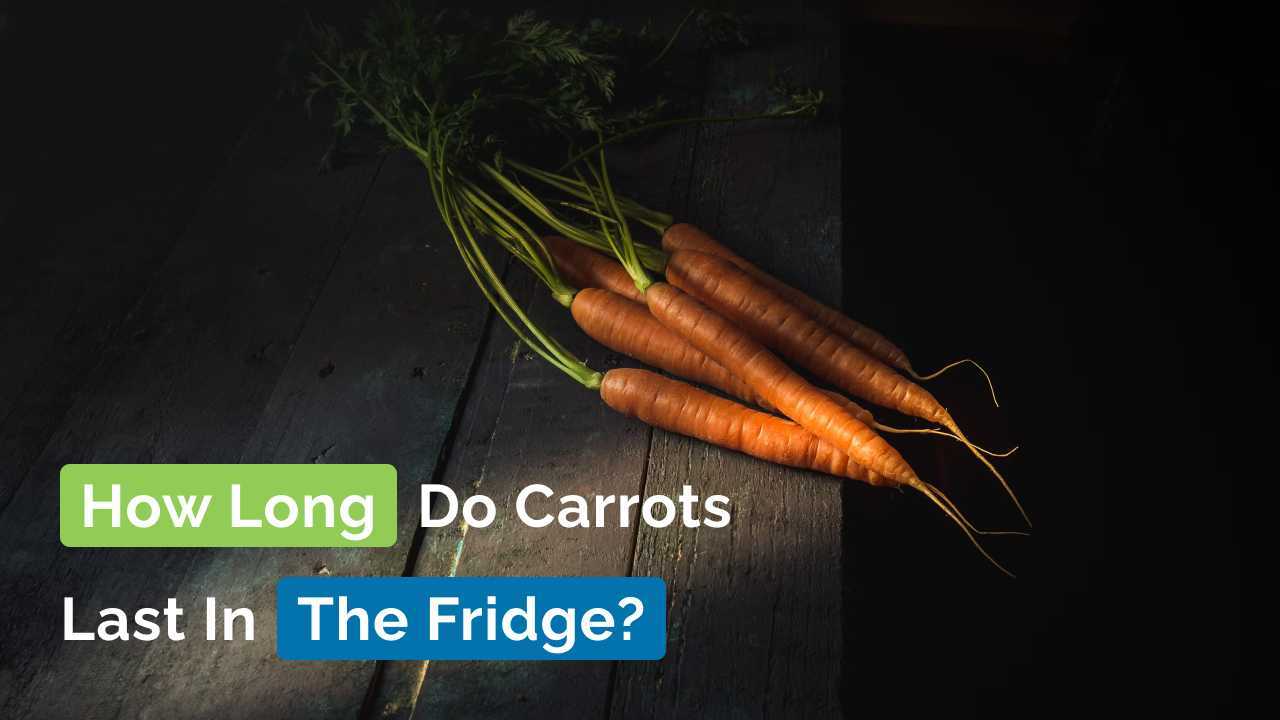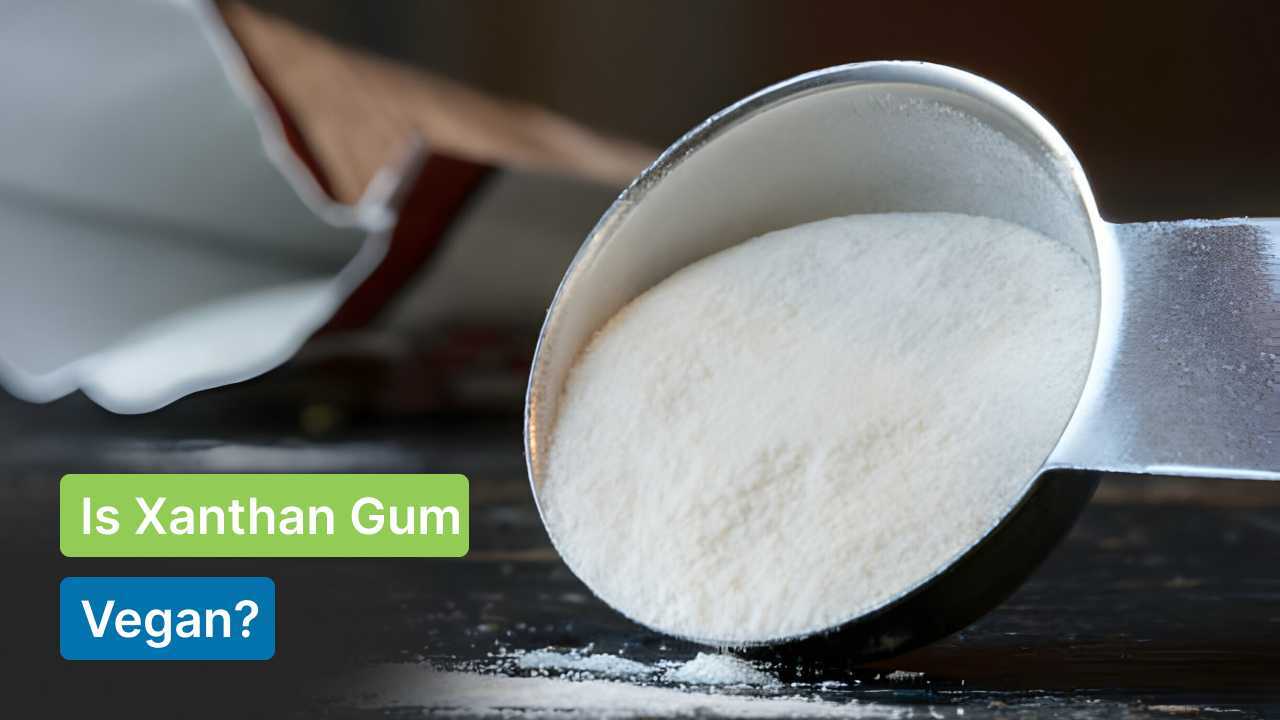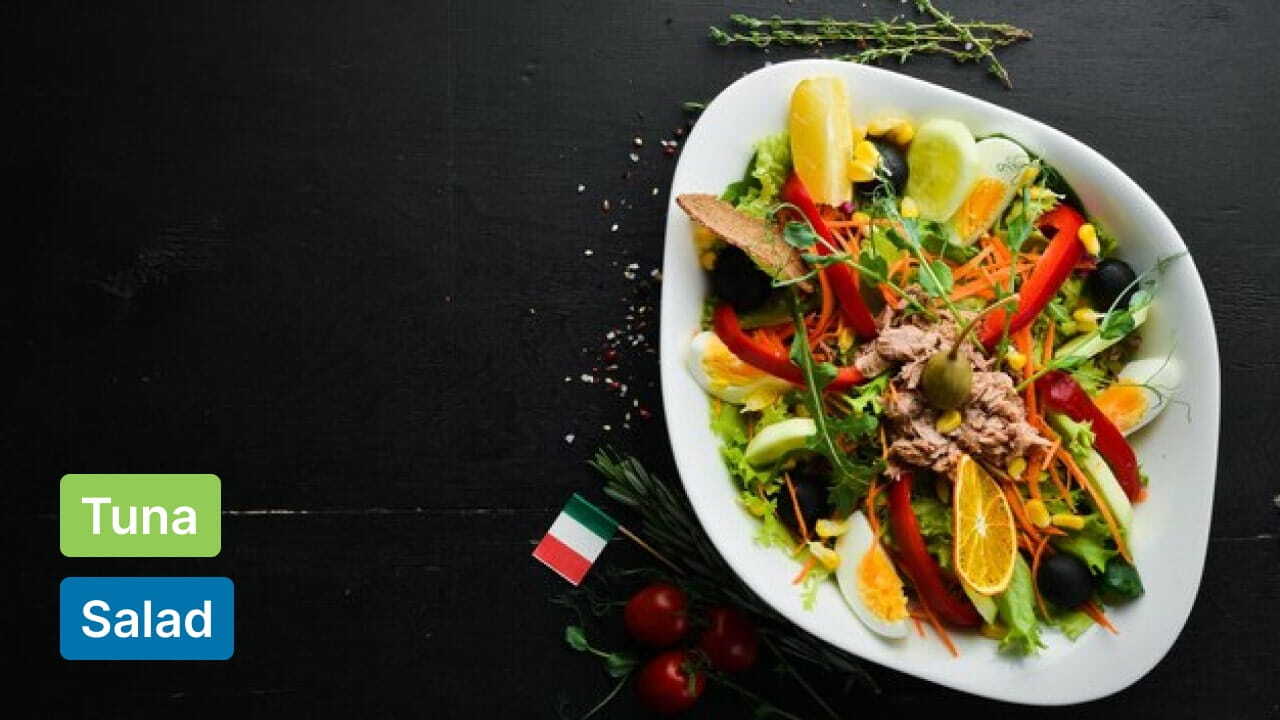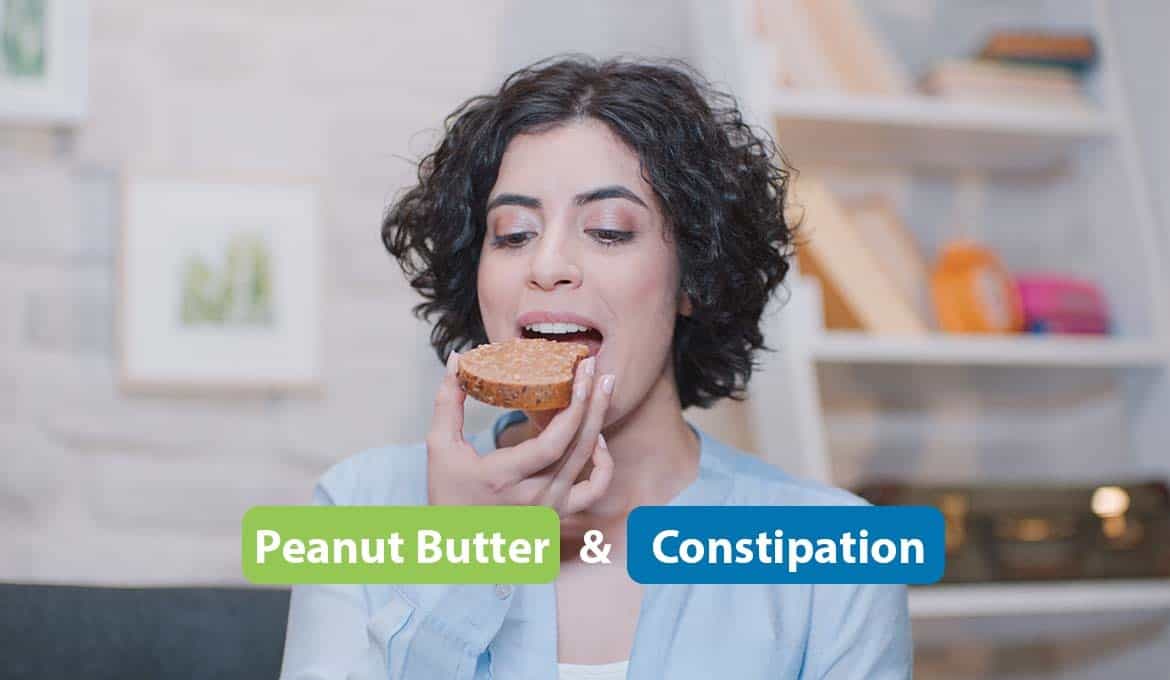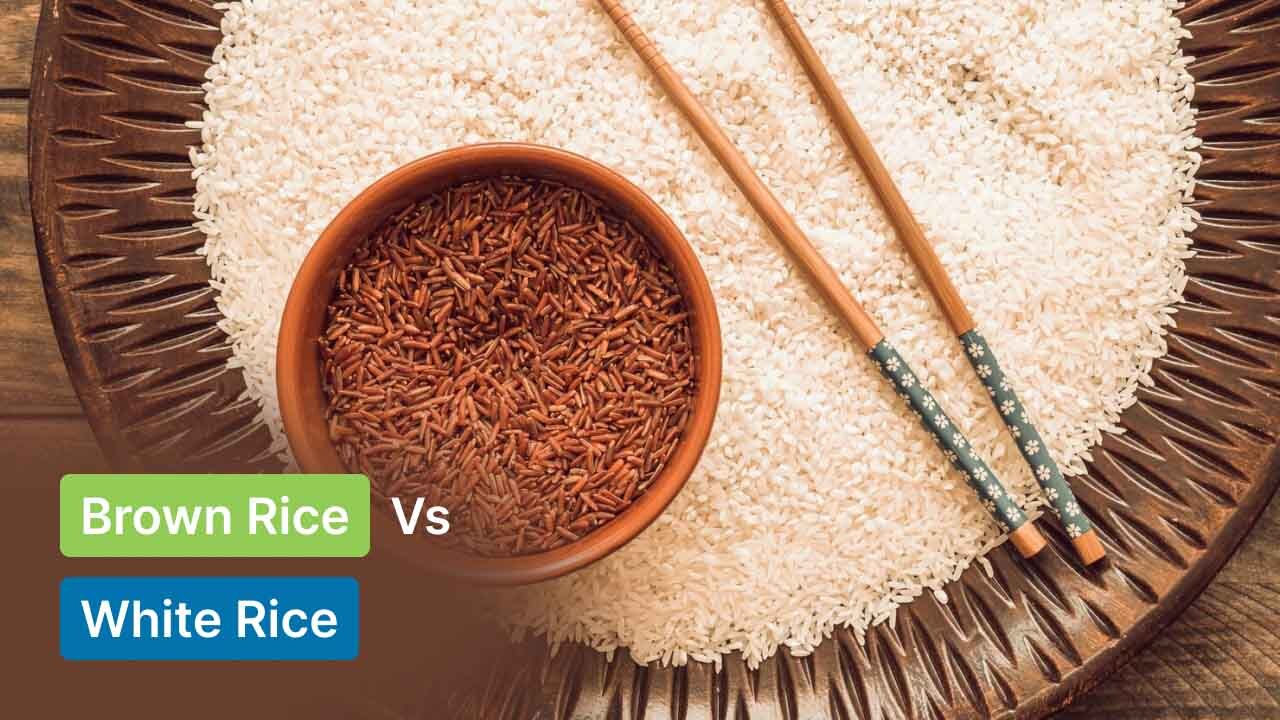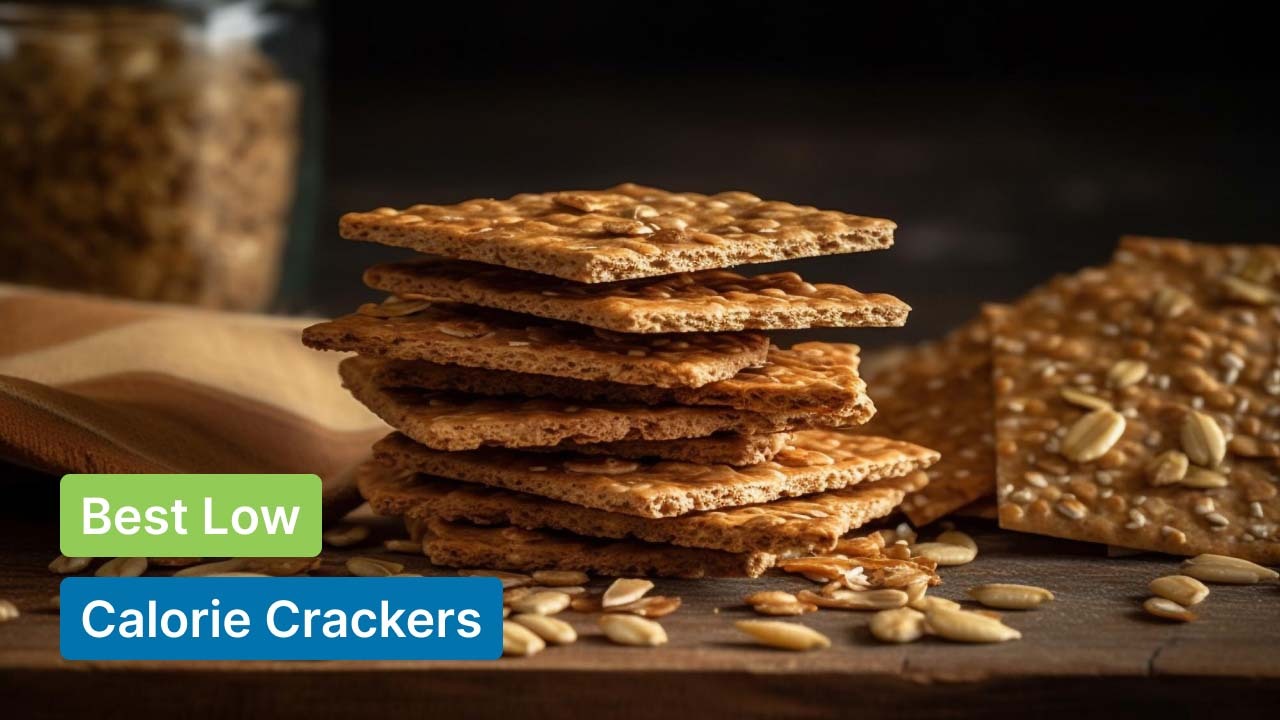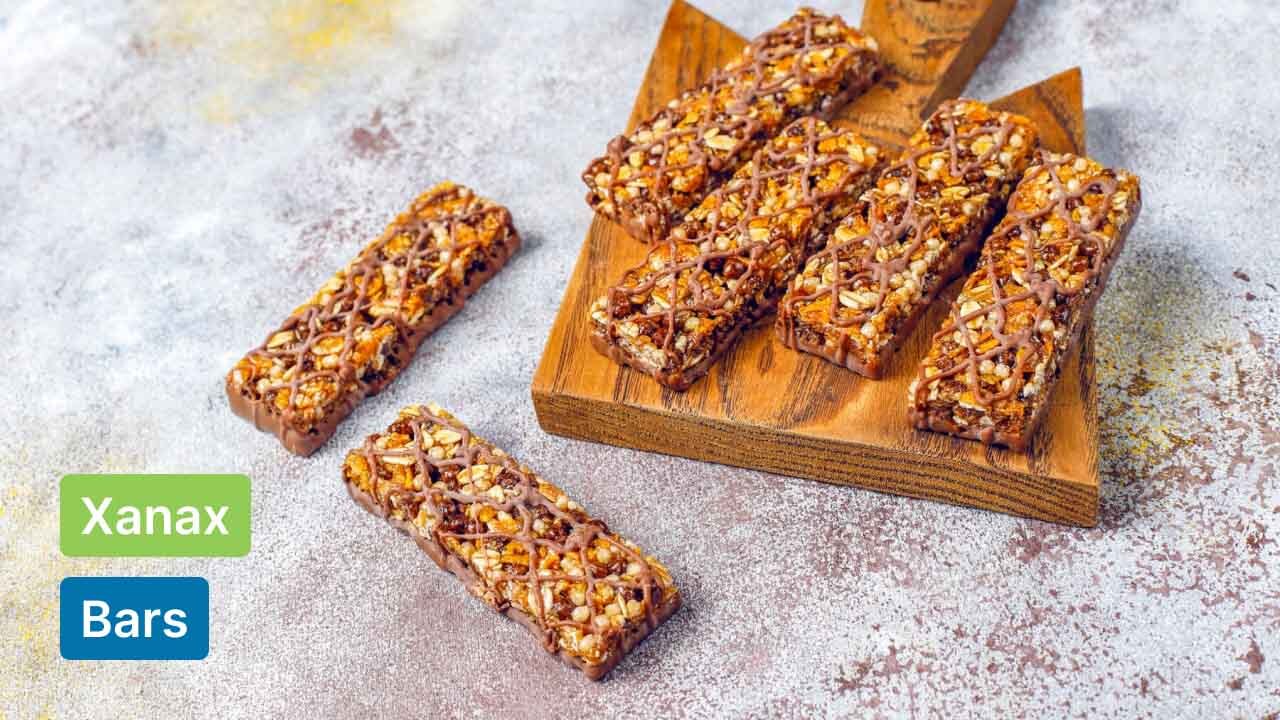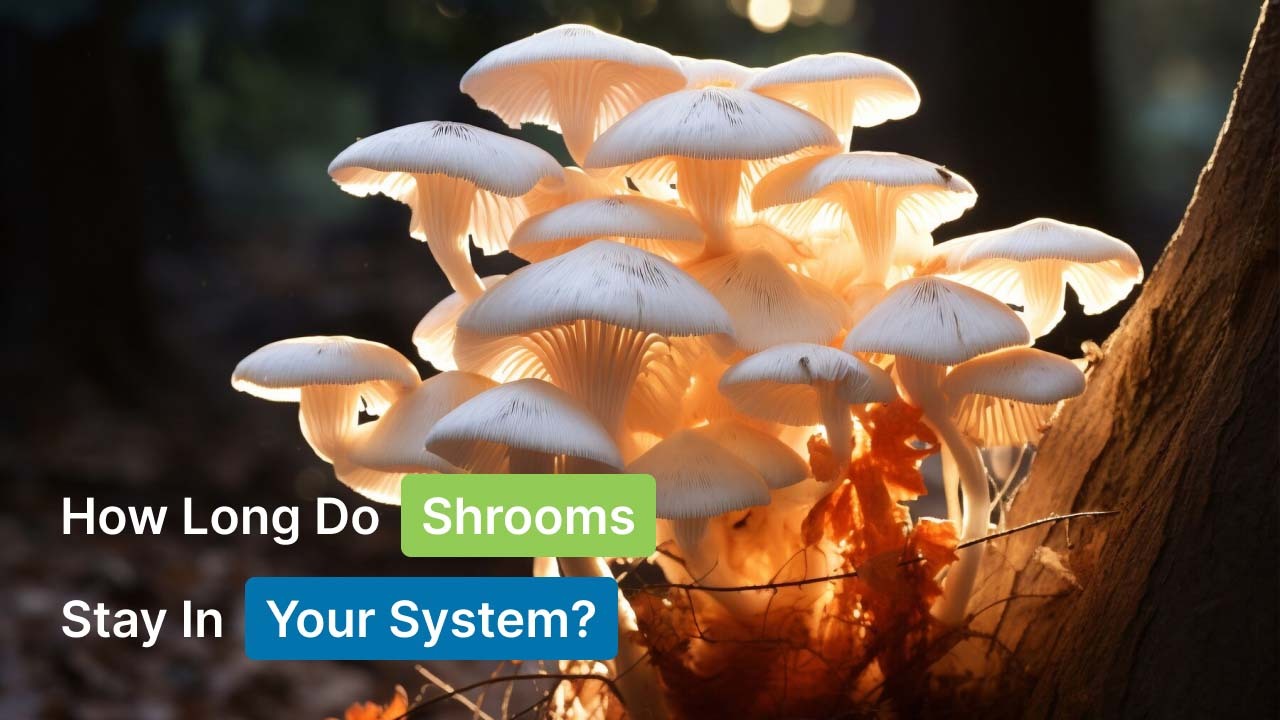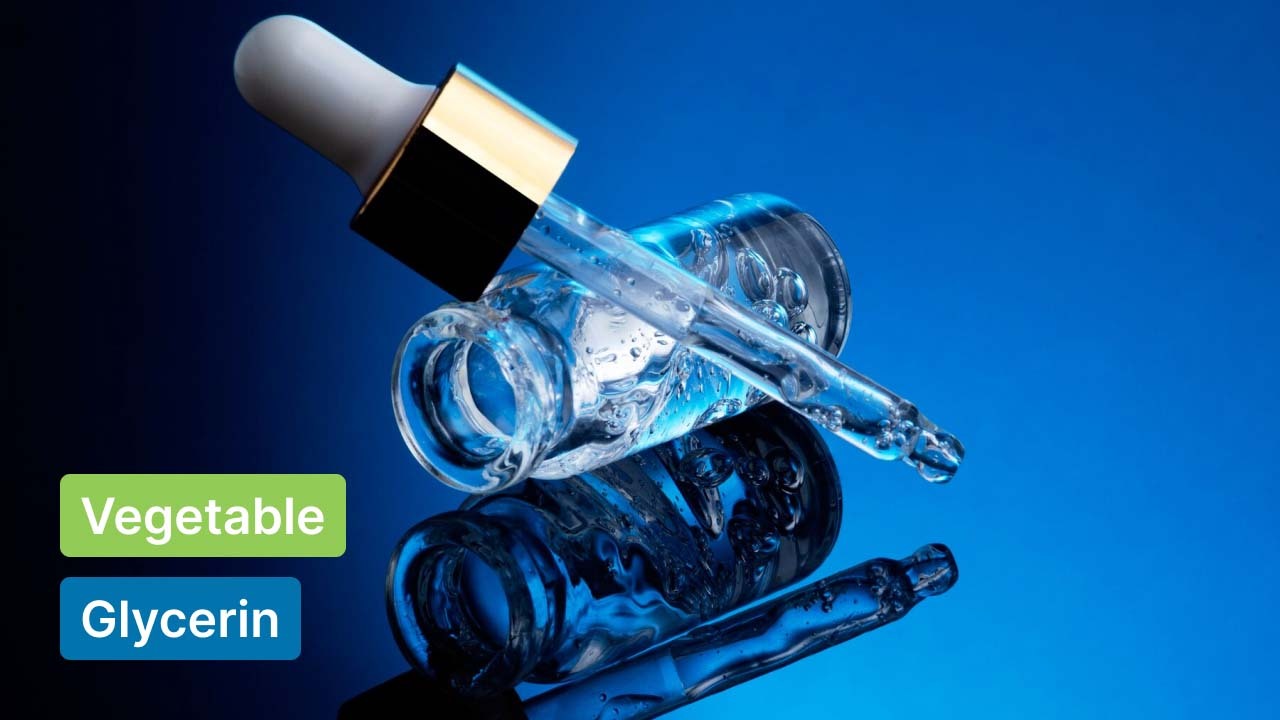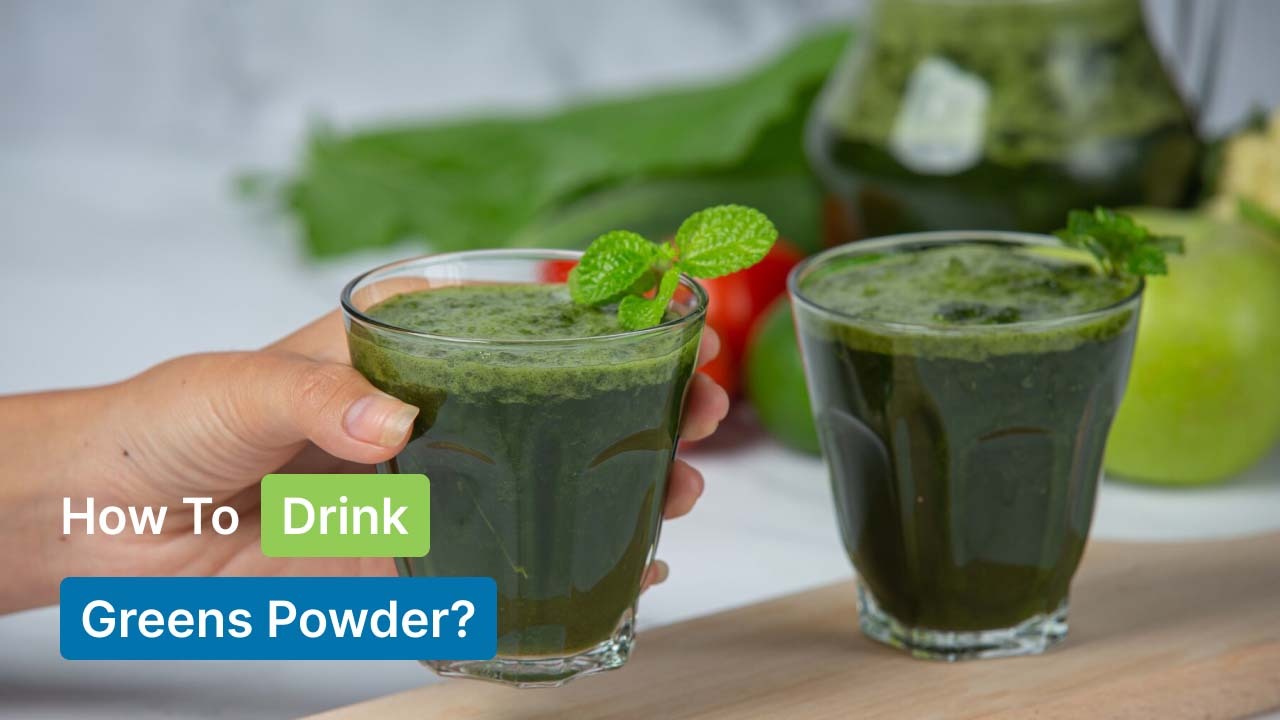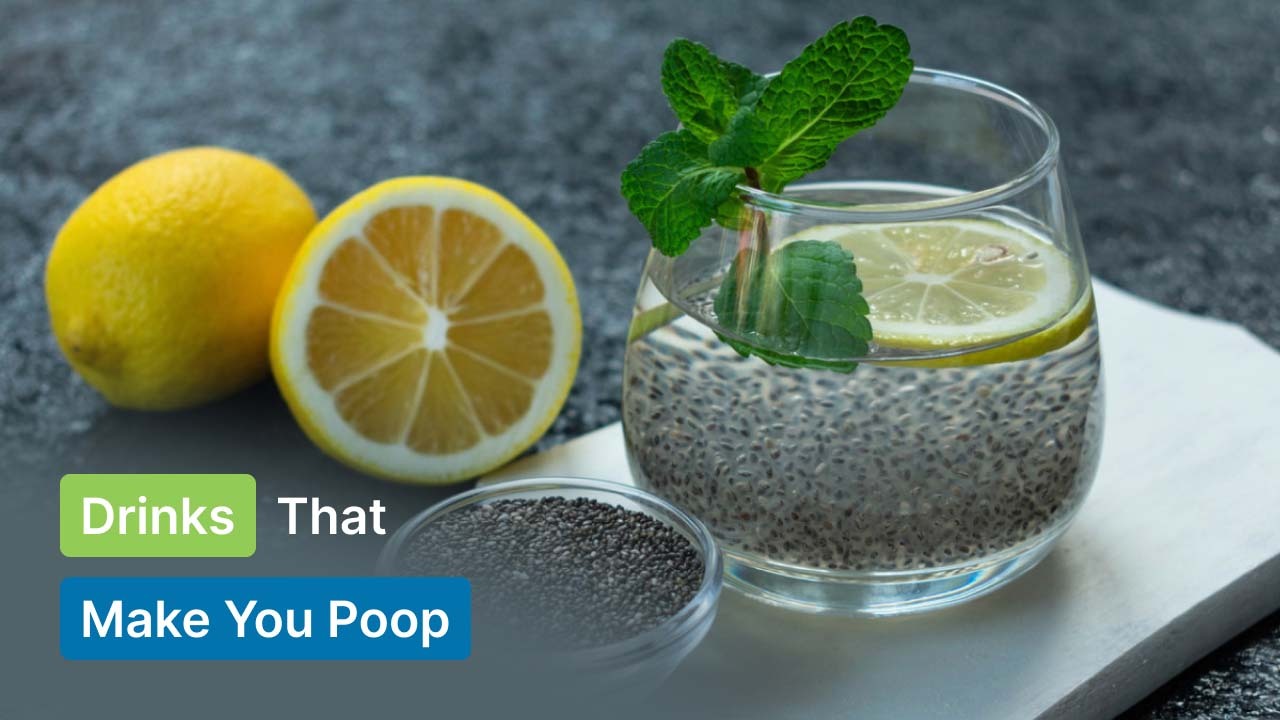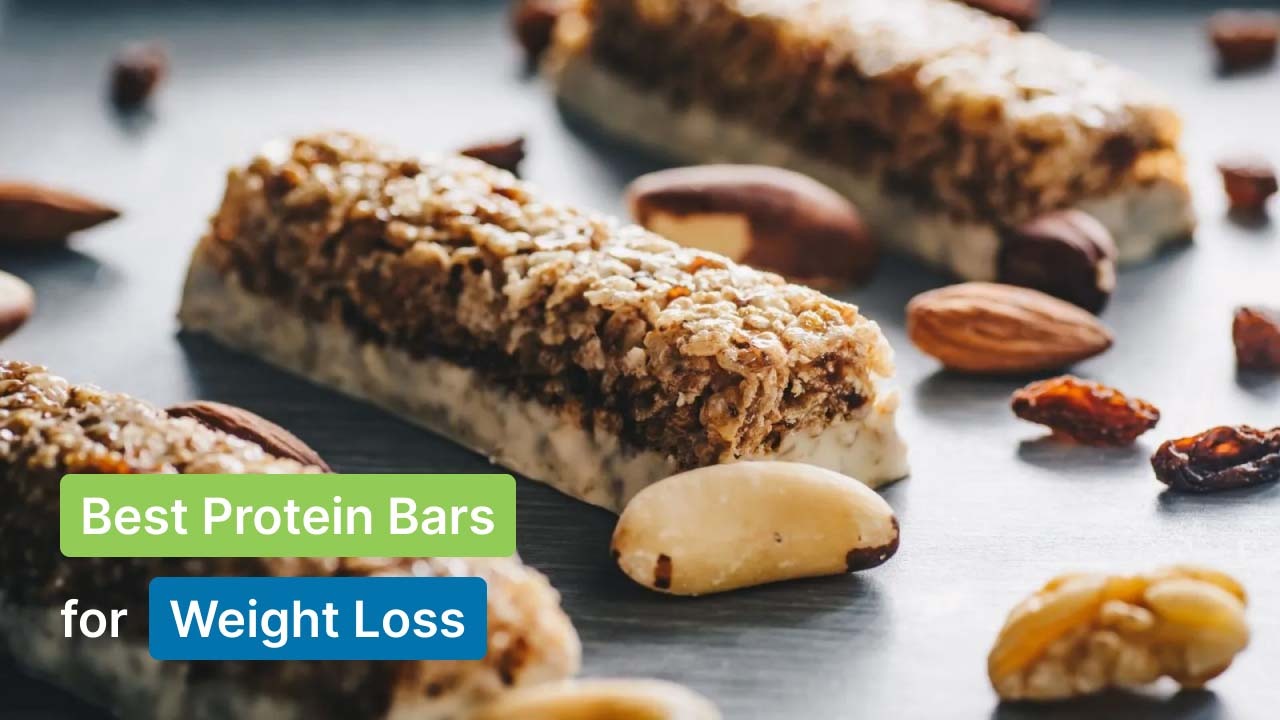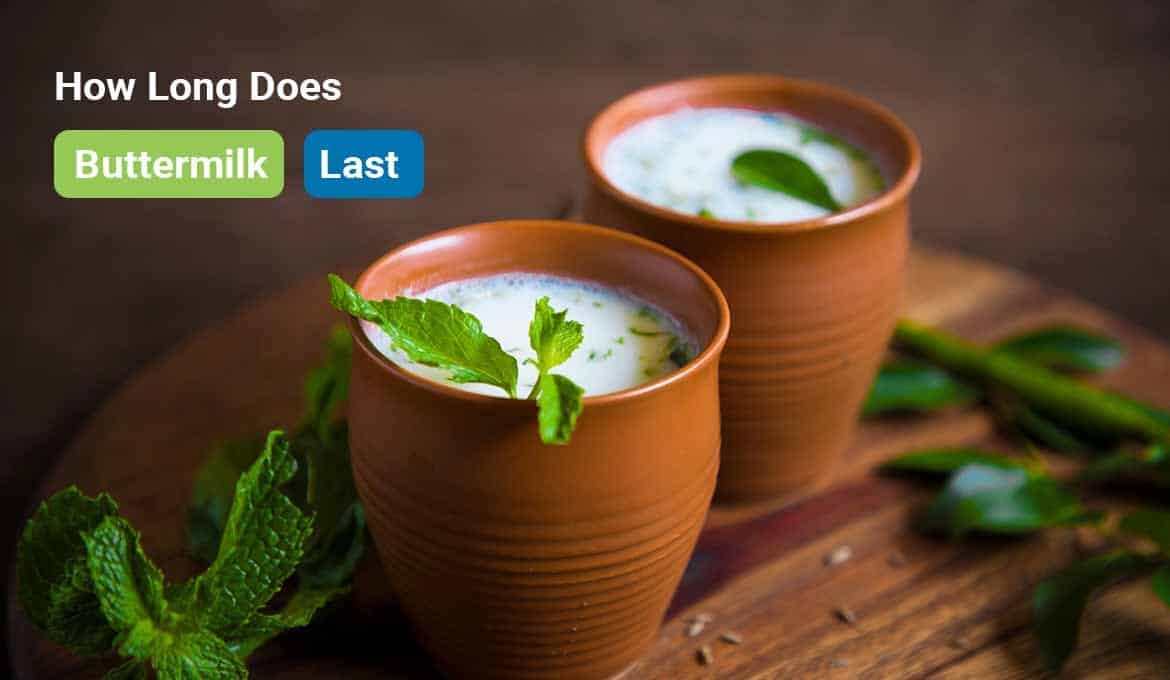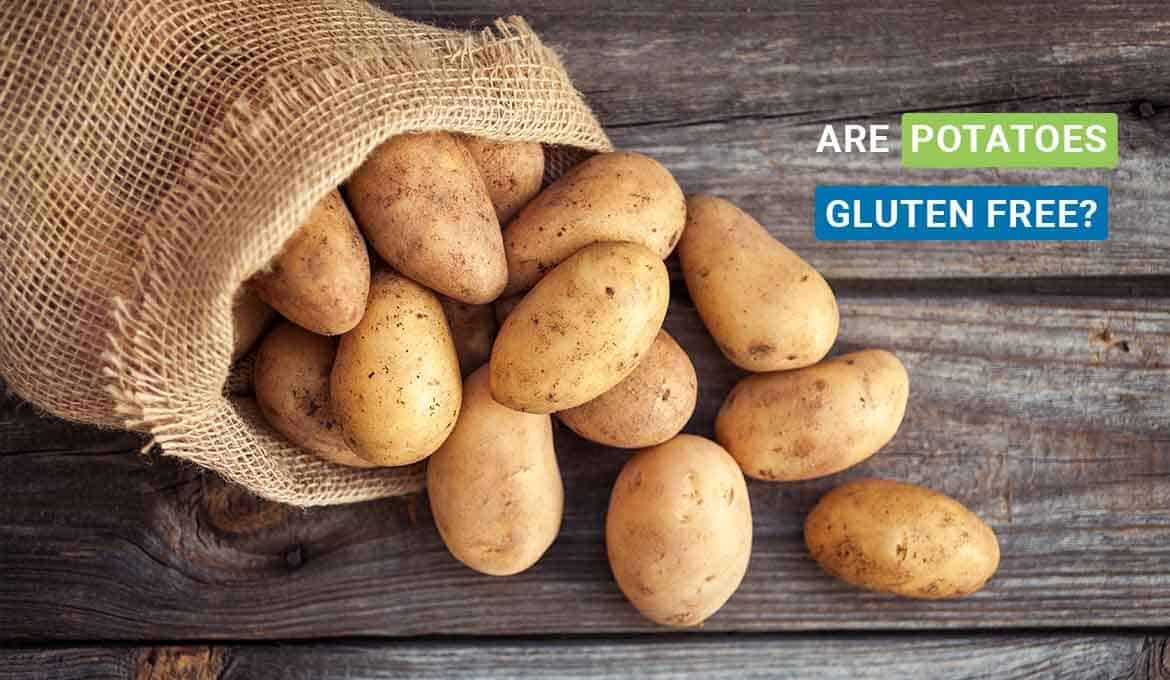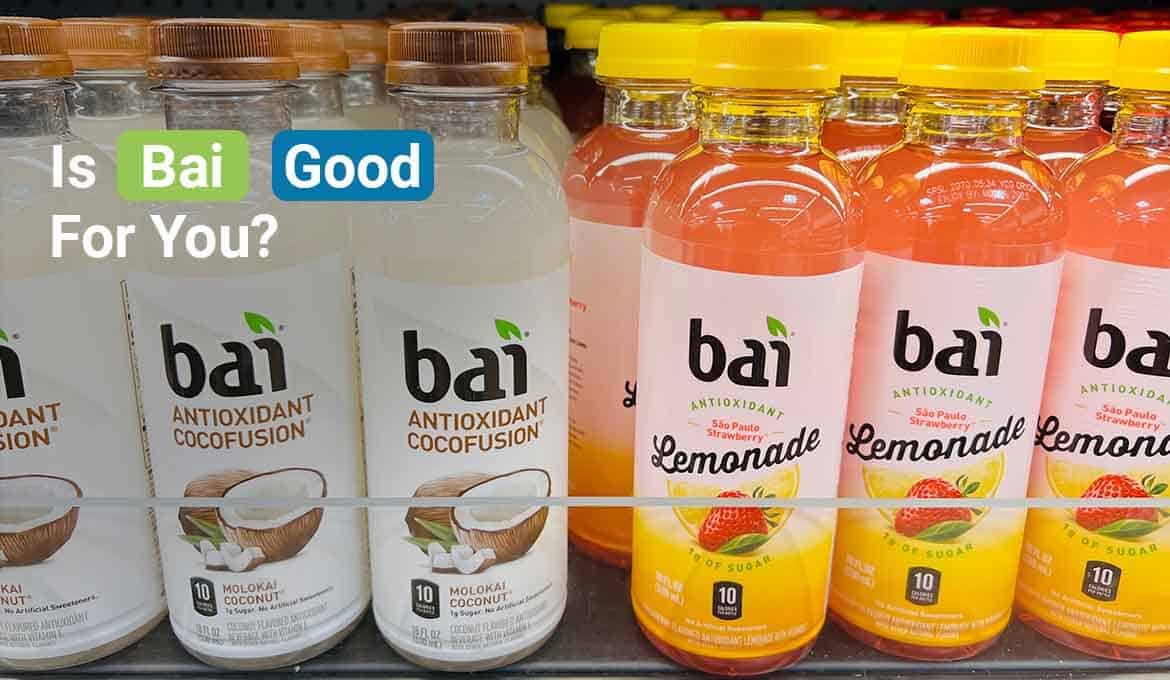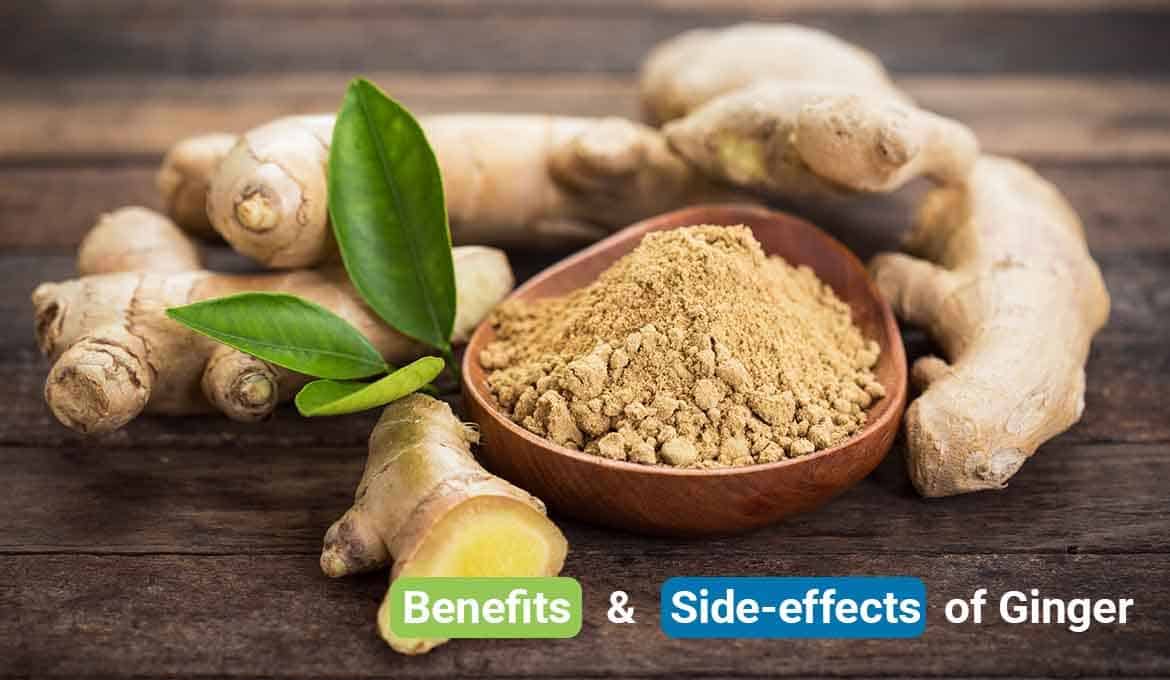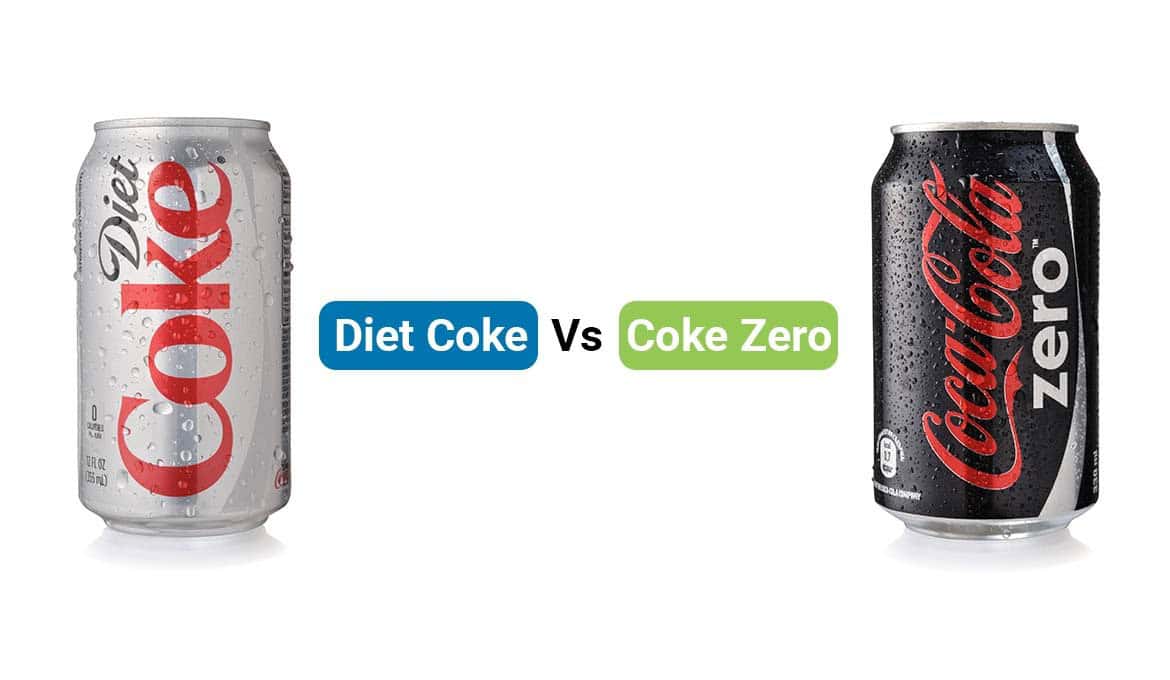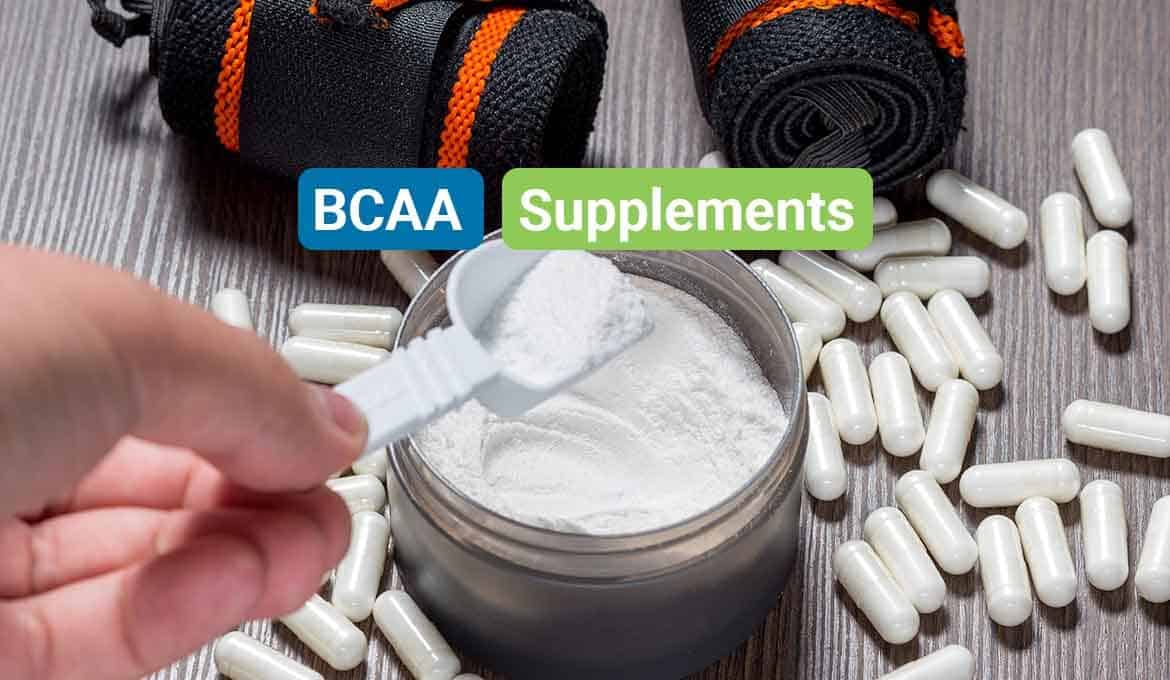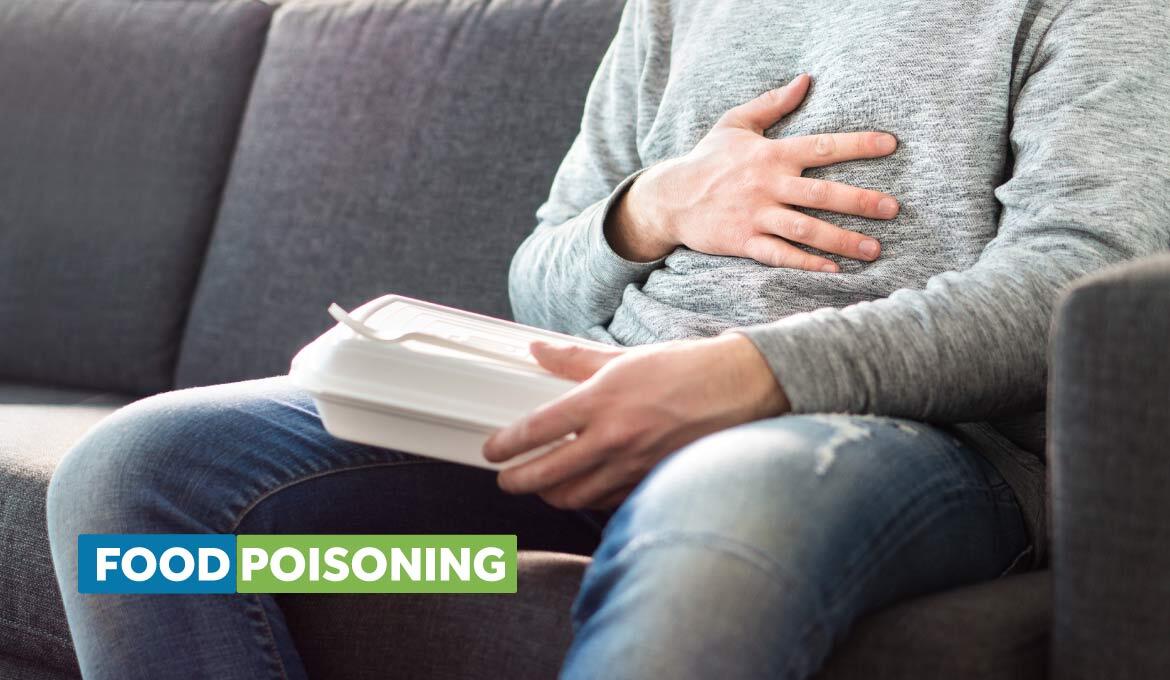
Sometimes, we eat things we regret later. Suppose you ate something new at a famous restaurant. A couple of hours later, you felt something off with your stomach and began throwing up. And now you're worried about getting food poisoning. Do you know how long it takes for food poisoning to take effect?
Food poisoning occurs when you eat contaminated food, which can result in a whole host of gastrointestinal symptoms.
Certain germs make their way into your food and make you sick when you eat. Anyone who has dealt with food poisoning knows how uncomfortable it is, and no one wants to relive it. But did you know food poisoning is not uncommon?
According to the Centers for Disease Control and Prevention (CDC), nearly 48 million Americans (1 in 6 people) get sick due to foodborne illness every year. Among them, 128,000 are hospitalized.
Even though some people recover in a day, others take a longer time (more than a week) to feel better. That's because the time it takes for your body to flush out everything depends on the amount of foodborne illness germs in the food you eat.
Keep reading to learn how long until food poisoning takes effect. Also, explore the causes, symptoms, and tips to get better.
What is Food Poisoning?
Food poisoning, also called foodborne illness, occurs when you consume food or drink that has been contaminated. It is generally caused by bacteria, but viruses, parasites, toxins, and other germs can also be responsible.
When they get into our system through food, they release toxins (aka poison). That's when you begin to throw up and experience frequent diarrhea. Food poisoning isn't a serious condition, so it doesn't require any treatment.
Food poisoning symptoms are often similar to gastroenteritis (stomach flu). A lot of people with mild cases get confused and believe they have the stomach flu or a virus. But the difference is that food poisoning symptoms resolve faster than that of stomach bugs.
Food poisoning is usually caused by bacteria's toxins when they multiply. For example, enterotoxin is secreted by Staphylococcus aureus when it reproduces. That’s why some people feel ill quickly after eating. They create toxins within 30 minutes.
Other causes include natural toxins found in mushrooms or seafood such as shellfish. Chemicals like histamine may cause vomiting and other symptoms immediately after ingestion.
How Does It Happen?
As previously said, food poisoning occurs while eating contaminated food. This can happen when germs enter an environment conducive to growth.
Scientifically speaking, most bacteria grow rapidly in food whose temperature falls into the danger zone, which ranges between 40°F and 140°F. This can result from consuming food left at room temperature, raw or undercooked food.
It's surprising to know that certain bacteria like E.coli and salmonella can multiply in less than 20 minutes in food kept in a danger zone, according to the US Department of Agriculture.
Food poisoning occurs if food is:
- not reheated or cooked properly
- kept out for too long at room temperature
- handled by a person who's sick or hasn't washed their hands
- not kept properly – for example, not chilled or frozen
- consumed after the product's expiry date
- not stored below 5°C
Food poisoning can also be caused by cross-contamination, meaning the germs can spread between surfaces, utensils, foods, and other stuff.
As you consume contaminated food, the silent phase starts. That’s when the incubation period of germs begins. During this stage, you will not notice any symptoms, even mild ones.
But right after the incubation period ends and germs reach a critical point, symptoms start developing. This is called the onset of symptoms.
Symptoms of food poisoning
The symptoms of food poisoning typically appear within 1-2 days of eating contaminated food. Read the following symptoms to check if you have food poisoning:
- Nausea (feeling sick)
- Vomiting (being sick)
- Diarrhea
- Pain in stomach and gut
- Fever and chills
- Severe headache
- Gas and bloating
- Muscles cramps
- Weakness and fatigue
- Loss of appetite
The symptoms can take between a few hours to a few days to start, depending on the cause of your food poisoning. You may have lab tests to find out what bacteria caused your illness. In some cases, the cause can't be identified.
Some of the common bacteria and viruses that cause foodborne illness are:
- Staphylococcus aureus
- Salmonella
- E. coli, especially Shiga toxin-producing E. coli (STEC)
- Listeria monocytogenes
- Clostridium botulinum
- Campylobacter
- Shigella
- Vibrio vulnificus
- Norovirus
- Toxoplasma gondii
So, How Long Until Food Poisoning Takes Effect?
Many people, including you, think food poisoning occurs immediately, but that's not always true.
The time it takes to feel the effects varies depending on the strain of bacteria or virus. It also depends on a person’s age, health condition, and the amount of food consumed.
Some bacteria may have an incubation period of 1 to 2 days. As explained, the most common bacteria is Staphylococcus aureus, which produces toxins that can make you sick within 30 minutes to eight hours soon after you eat food.
Most of the time, food poisoning typically shows symptoms 4 to 24 hours after intake. However, this is not always the case.
Some foodborne infections are latent, which means they replicate in your body before you see any symptoms. Hepatitis A, for example, might take anywhere from 15 to 50 days to manifest itself.
Onset of Symptoms
The below table shows how long food poisoning takes effect according to the bacteria or virus, along with the common sources of contamination:
| Germs | Food Sources | Onset of symptoms / Incubation period |
| Staphylococcus aureus | Uncooked foods Eg. pastries, sliced meat, sandwiches, canned foods, and bakery products | 30 minutes to 8 hours |
| Salmonella | Raw or undercooked meats, eggs, raw fruits and vegetables, Unpasteurized milk, Raw juices, and animals like poultry or rodents | 6 to 72 hours |
| Norovirus | Contaminated water, shellfish, fresh fruits, leafy greens, salad dressings, eating with unwashed hands | 12 to 48 hours |
| Escherichia coli (E.coli) | Raw or unpasteurized milk and cheese, undercooked or raw beef, Raw vegetables, and contaminated water | 2 to 10 days |
| Clostridium perfringens | Chicken, turkey, beef, non-veg gravies, and foods cooked in huge batches in unsafe temperatures | 6 to 24 hours |
| Clostridium botulinum (Botulism) | Improperly fermented and canned foods, meat products like sausage, preserved vegetables, and homemade alcohol, e.g., pruno | 18 to 36 hours |
| Campylobacter | Undercooked or raw poultry and meat, unpasteurized milk, contaminated water | 2 to 5 days |
| Listeria monocytogenes | Raw vegetables and fruits, unpasteurized milk products, processed foods, raw sprouts, deli meats, smoked fish | 3 days to 10 weeks |
| Vibrio | Raw shellfish, e.g. oysters, clams, crawfish, crab, mussels, and scallops, contaminated water | 2 to 48 hours |
| Hepatitis A | Contaminated water, shellfish, salads, raw veggies and fruits | 15 to 50 days |
Source – Food Safety.gov
What To Do With Food Poisoning? – Treatment for Food Poisoning
Here’s what you can do if you’re suffering from foodborne illness:
- Drink lots of water and juices to prevent dehydration. You can also consider electrolyte solutions. Avoid caffeinated beverages and milk for some time.
- Take some Over-the-counter (OTC) medications like Imodium® and Pepto Bismol®. They may ease symptoms like diarrhea and reduce nausea. However, confirm with your doctor before taking these medicines because diarrhea and vomiting are good for your body to release the toxins of food.
- Abstain from consuming solid foods and dairy products until your stomach feels better.
- Keep raw foods away from other foods until they are cooked.
- Eat lots of fresh vegetables and fruits. Wash them properly before eating to clear off the germs.
- Drink ginger or mint tea to alleviate your symptoms related to gastrointestinal issues.
- Try to incorporate the BRAT diet, which includes Bananas, Rice, Applesauce, and Toast, to settle your stomach.
- In extreme cases, antibiotics may help with some bacterial types of food poisoning but are mostly not needed.
- Maintain good hygiene while preparing food.
- Wash your hands before and after eating, even if you're eating fruits and snacks.
- Refrigerate leftovers within two hours.
- Always clean and sanitize your utensils and kitchen surfaces.
What are the Complications of Food poisoning?
Most people suffer from mild food poisoning with few side effects and get better within a week without any complications.
However, there are cases when infections spread by food turn into serious and life-threatening conditions. As a result, they may require immediate hospitalization.
Some of the possible complications of food poisoning include:
- Dehydration
- Brain and nerve damage
- Kidney failure
- Chronic arthritis
- Hemolytic uremic syndrome (HUS)
- Meningitis
- Heart problems
- Guillain-Barre syndrome
- Breathing problems due to botulism (very rare).
In extreme cases, it may also lead to sepsis or even death.
When to See a Doctor?
Since it's easy to recover from food poisoning, there are times when the patient requires a medical emergency.
Call your doctor if:
- Symptoms persist for a week.
- Lightheadedness
- Bloody diarrhea
- Lots and lots of vomiting.
- Inability to eat or drink anything
- Experience diarrhea for more than three days.
- Get signs of dehydration like dry mouth, dizziness, less urine, or dark urine.
- High fever ( Temperature <102°F)
- Food poisoning is from mushrooms, fish, or seafood.
- Bloating in the abdomen
- You have a serious medical condition that weakens your immune system, like kidney failure, diabetes, etc.
- Experience confusion
These things may indicate something else is going on with your health.
Speaking of diagnosis, blood tests, feces tests, and food tests that you've eaten may be carried out to identify what's responsible for the food poisoning. But only in severe cases. Your doctor may also perform a urine test to evaluate whether you are dehydrated as a result of food poisoning.
Older adults and people with weak immune systems should consult a healthcare professional to get immediate medical treatment.
They may provide Intravenous (IV) fluids and thoroughly evaluate if something is off with your stomach health. Most of the time, the concern is electrolyte imbalance.
The Bottom Line
As we pointed out, food poisoning is common and occurs due to eating contaminated food and drinks. They are barely life-threatening. There is no treatment required as it's a common gastrointestinal condition.
How long until food poisoning takes effect depends on the food content, quality, and the type of bacteria in the food. The shortest maybe 30 minutes after eating, whereas the longest may show symptoms after a week or more.
For healthy people, the food poisoning effect usually lasts for 24 hours. Even though it's uncomfortable and troublesome, most people recover in a short amount of time (usually a week). In simple terms, the more severe, the shorter the duration.
Just follow the above tips, replace lost fluids, get plenty of rest, and your body will take care of it. If you're not feeling well even after a week, consider getting checked out as soon as you can. Lastly, prioritize food safety!
FAQs
1. How quickly does food poisoning kick in?
Ans: Food poisoning takes about 1 to 3 days to kick in. However, symptoms may start anytime between 30 minutes and two weeks after consuming contaminated food.
2. What not to eat after food poisoning?
Ans: After food poisoning, you should not eat super spicy foods that may irritate your gut. Also, you must avoid alcohol, dairy products, caffeinated drinks, high-fiber foods, and fried foods.
3. How do I know it's food poisoning?
Ans: If you experience upset stomach, abdominal pain, diarrhea, vomiting, and headache for more than two days, it's a sign you have food poisoning.
4. How do you tell the differences between food poisoning and stomach bugs?
Ans: Food poisoning is caused by eating contaminated foods; its symptoms are severe but resolve faster (usually 1 day). On the flip side, stomach bugs or flu are caused by a virus and spread from person to person, and its symptoms last for 2 to 3 days.
5. What is the fastest way to resolve food poisoning?
Ans: The best way to resolve food poisoning is to replace fluids. If you have severe vomiting or diarrhea, replace fluids by taking electrolytes to prevent dehydration. Saltine crackers can also help relieve your upset stomach.
6. How do you stop food poisoning before it starts?
Ans: You can prevent food poisoning by taking OTC medications like Pepto-Bismol to stop your nauseous feeling. For diarrhea, you can take Imodium tablets. Also, you can consider replacing lost fluids with water, juices, and electrolytes.
Read Also:









